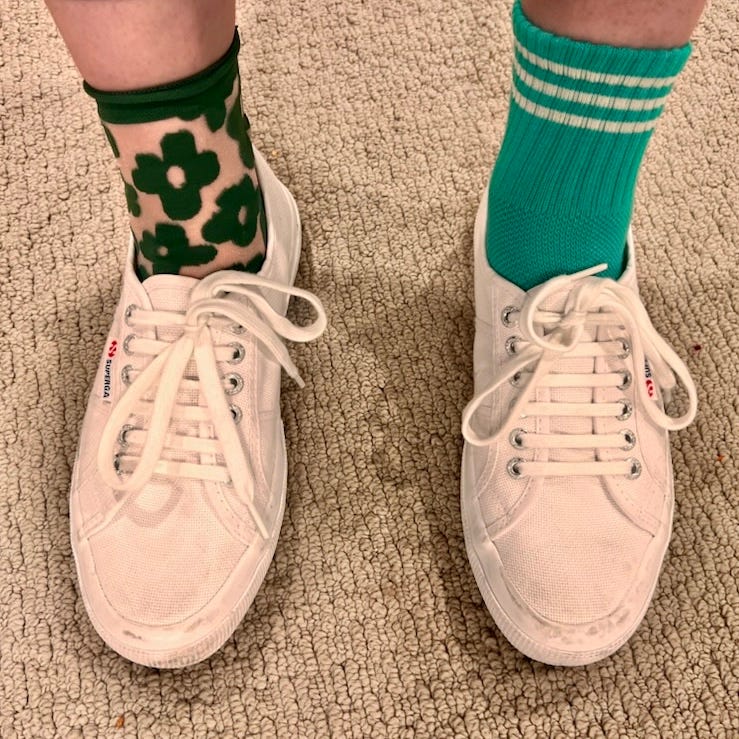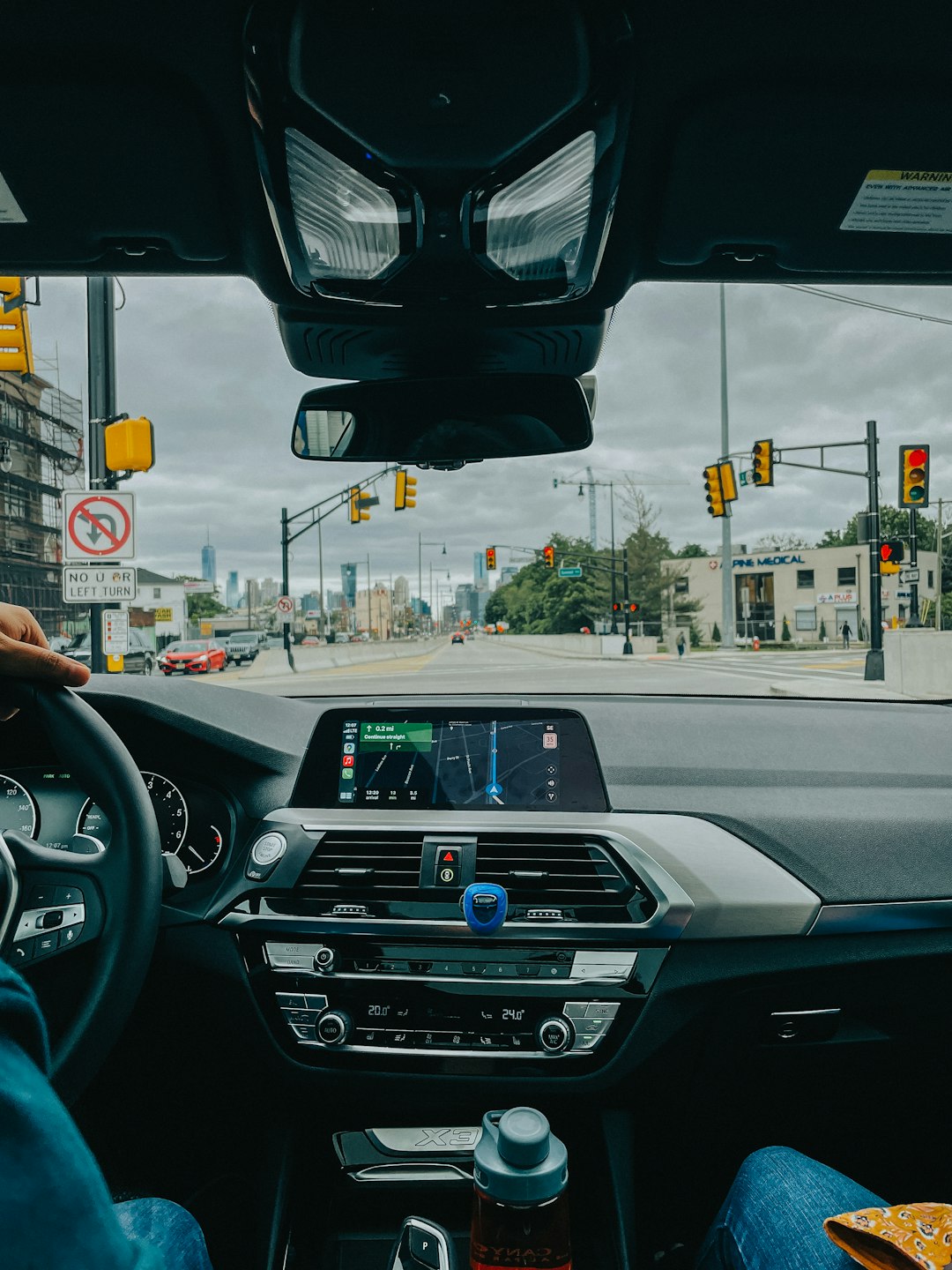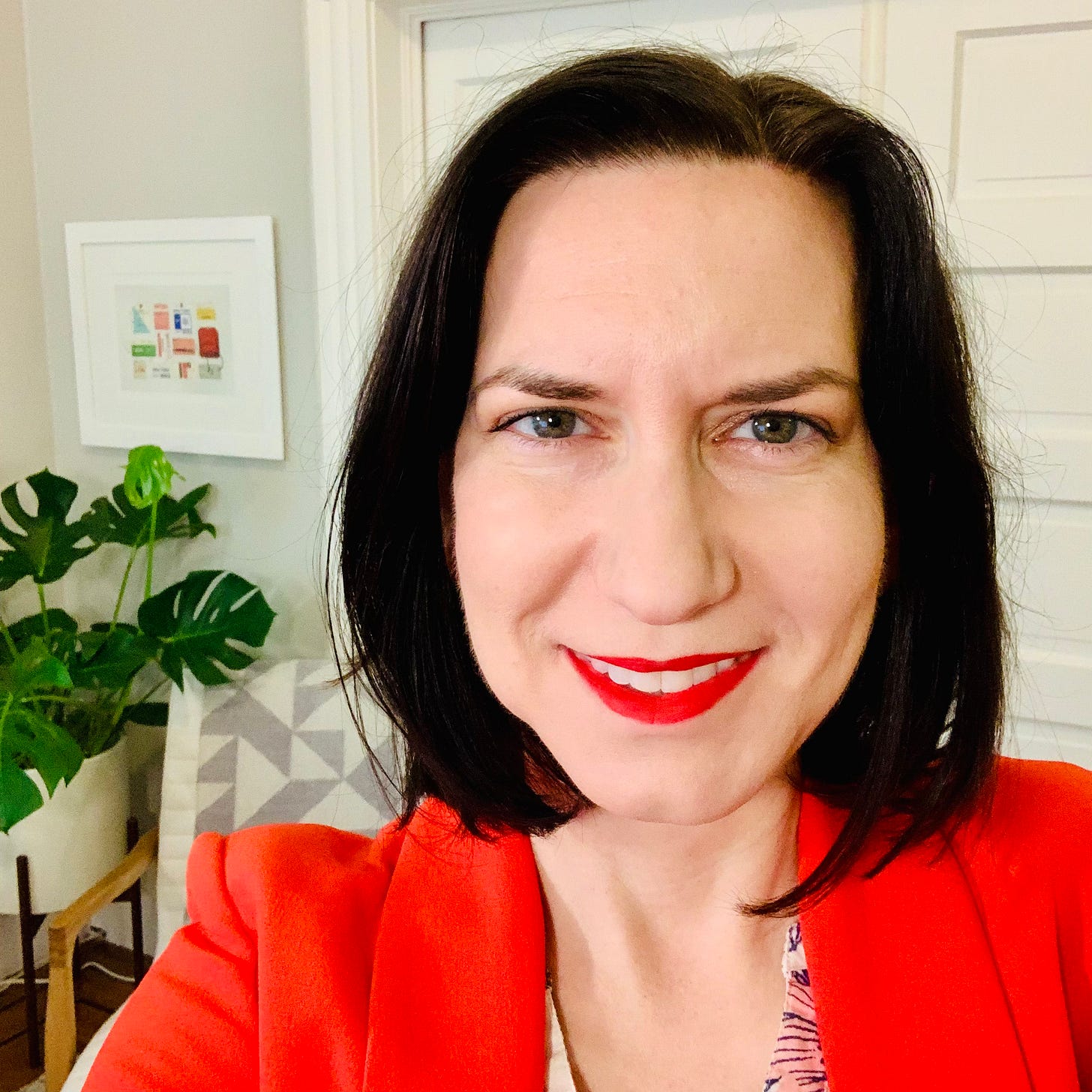The Case for Deliberate Friction
Why making some things more difficult makes me happier
Much has been written about whether or not the removal of friction is entirely positive.
I mean the Silicon Valley type of friction, as discussed in this Wall Street Journal article, which defines friction as “any physical or psychological barrier that might prevent a potential buyer from buying or using a good or service.” The article offers a compelling, well-researched case for how the continued removal of friction might be “contributing not only to the loneliness epidemic, but also widespread anger, oversensitivity and intolerance.”1
Of course, we can’t fully blame phones, apps, or even the internet for the removal of friction. As a history major, I can confirm that the story of human evolution is essentially 1) someone inventing something to make life easier followed by 2) someone else decrying how that innovation will lead to the downfall of civilization.
My life is truly better because some friction has been removed. I would not want to go back to a world where I can’t get driving directions, deposit checks, or pay a service provider using my smartphone.
But I’ve been reflecting recently on the benefits of friction, and I’ve come to the realization that “deliberate friction” — intentionally inserting (or refusing to remove) a barrier of some sort — contributes to my happiness significantly.
Here’s why I’m in favor of deliberate friction:
Deliberate friction supports human connection
Over the past month, I’ve been keeping track of my “daily delights” (inspired by
’s prompt in her fabulous New York Times OpEd and group chat). On the Notes app of my phone, I’ve logged something that has sparked joy for me each day.When I reviewed my month of daily delights, it turns out that ~25% of them involved an interaction with someone I’d consider a weak tie (if you aren’t familiar with the concept of weak ties, take a moment to read
‘s excellent post underscoring the importance of weak ties).2The numbers don’t lie: my life is more delightful because of these brief interactions with neighbors, acquaintances, and even strangers, many of which happen when I run errands locally instead of using apps.
And apparently I’m not alone; research backs up the fact that so-called “small talk” (which, like “soft skills,” needs a re-brand) can lead to greater wellbeing.

Deliberate friction enables being a giver
I’ve written previously about
’s three styles of social interaction: givers, takers, and matchers. I discovered I was a “matcher” via his quiz (someone who tries to maintain an even balance of giving and taking) and embarked on an experiment to adopt more of a giver mindset.While it’s too early to tell the long-term effects of my experiment, I’ve had one observation: I’m more likely to be a giver when I show up in person.
Here’s a recent example:
Last week, I attended a luncheon in honor of the American Heart Association’s Go Red for Women Movement; a former colleague and friend invited me to be a guest at her table. I learned a lot about cardiovascular disease (did you know it’s the #1 killer of women — more than all the types of cancer combined?) and met inspiring women.
At the end of the luncheon, a woman seated across the table from me (it was a large table, so we hadn’t interacted much before then) complimented my lip color. “You win the award for the most perfect red lip — it still looks great, even after lunch!”
I could have simply accepted the compliment. But I saw the two women next to her nodding, so I said: “Thank you! I’ve gone on a quest for the perfect red lipstick and this one is the absolute best.”
I then took the lipstick tube from my purse and passed it around the table to her.3
This resulted in several women taking photos of the lipstick and me receiving two follow-up notes (including from our table host, who wasn’t even part of that conversation) sharing that they’d each purchased three shades of said lipstick.
Is this a very small (and perhaps even silly) example of being a giver? Yes. But does it still count? Also yes. And it would never have happened over Zoom (trust me, I’ve attended more than a few similar events virtually and have never had this type of exchange).
Showing up in person (despite the additional time and effort it takes) makes it much more likely for me to bring giver energy.4
Deliberate friction lets us focus on what matters most
One of my superpowers is outsourcing. I am very good at finding people who have an expertise in an area I don’t and hiring them to help me.
In the years when I had very young children (and very little time), my outsourcing talents kicked into high gear. I’ve hired decluttering experts (twice); a stylist to help me look and feel put together after having my second kid; and a therapist to teach me how to grieve.
I’ve also hired a lot of babysitters. Neither my husband’s nor my extended families were in a position to help with day-to-day caregiving, and we’ve both always worked full-time, so from the moment our kids were born, we hired our village.5
That village included full-time caregivers (before our kids went to preschool) and then after-school and weekend babysitters.
Until the pandemic stripped away all childcare and forced us to revisit our arrangement.
I was recently interviewed for an article in New York Magazine’s The Cut titled “Full-time Job, Zero Formal Child Care.” In it, I share why post-pandemic, Ross and I have chosen to reallocate funds we previously invested in an after-school babysitter to a virtual assistant.
We wanted to insert more friction into our relationship with our kids — primarily in the form of time spent schlepping to/from school and activities — for a variety of reasons.
Part of it is that they’re older. As I shared:
“When they’re really little, you can outsource a lot of the ‘jobs’ of care (changing diapers, feeding, putting down for naps) and still keep the ‘relationship’ parts,” she says. But as her kids grew older, she realized she wanted to be around when they wanted to talk, “especially as they get into the phase where they’re developing values.”6
Our ability to do this has been enabled by the big career changes we’ve made recently. We didn’t make those changes solely because of our children, but they were certainly a factor.

Our virtual assistant does the legwork for work- and family-related tasks we’d prefer not to spend our time doing. Last week it was researching airline tickets for our first international family adventure. This week it’s updating business websites and searching for Pokemon-themed Valentine’s Day cards for our third grader.
By being intentional about where in our lives we want to maintain friction and where we want to remove it, we can ensure we’re spending our time on what matters most to us.
And now, speaking of virtual assistants, I’d love for you to take my first poll!
Where do you insert deliberate friction into your life for greater happiness? I’d love to hear more about it in the comments.
Abby’s Latest
This month, I’m following the lead of
(one of the organizing experts who helped us declutter our home and author of) and doing the No New Things Challenge. Having pledged to buy no new things this month, it feels disingenuous to recommend a new product in this section as I typically do — so I won’t.I joined the challenge to save money and time (by escaping the online ordering and returning loop).
As part of the challenge, I deleted my credit card information from various apps that store it, including Amazon, and it’s already led to more intentionality when it comes to purchasing things — even things that aren’t part of the challenge, such as food and household supplies.
So my recommendation for you this week is to do the same, and see whether inserting some deliberate friction into your shopping ends up benefiting you as well.
Deliberately yours,
Abby
P.S. If you’re not doing a No New Things Challenge, you can still save 15% on my favorite lunchbox from The Good Kiind — mentioned in this post — using the code “abby” at checkout or by ordering via this link until February 28. Again, not an affiliate link, just a fan of Courtney’s products and her company!
P.P.S Money and Love is 50% off on Amazon right now! Or buy from Bookshop.org and support local bookstores. It makes a great Valentine’s (or Galentine’s) Day gift.
This is not to diminish my delight at returning from school dropoff a few weeks ago to find my sister-in-law in my living room bearing fresh croissants, a bottle of my favorite champagne, and other birthday goodies for me and my husband — that was also a delight! Truly, there’s a spectrum of delight, and it’s delightful to experience the full range.
The pandemic certainly offered a giant experiment about what we gain and lose when we substitute Zoom for in-person interactions. While I’m not going to weigh in on the pros and cons of hybrid work, please read Erin Grau’s excellent commentary in Fortune for a smart take on that.
This is in no way meant to imply that our families haven’t been helpful in a variety of other ways — they have!





Skimming your recent posts to see if I want to follow... this one did it. I do the same thing. It works.
I've WFH since 2016 and have come to appreciate small talk more and more over the years. Interactions with cashiers, people at the post office, other parents at school events, etc. all add up to feeling and being part of a community. I also enjoyed the Adam Grant givers & takers quiz and it gave me some good food for thought on my own tendencies. I found tbe questions really interesting. As for deliberate friction, I also intentionally drive my kids around sometimes just for the conversation and connection, especially my 16 year old who has a driver's license but will gladly let me take him places if I want to (he's a competent but not particularly enthusiastic driver). I'll be thinking more about this concept...